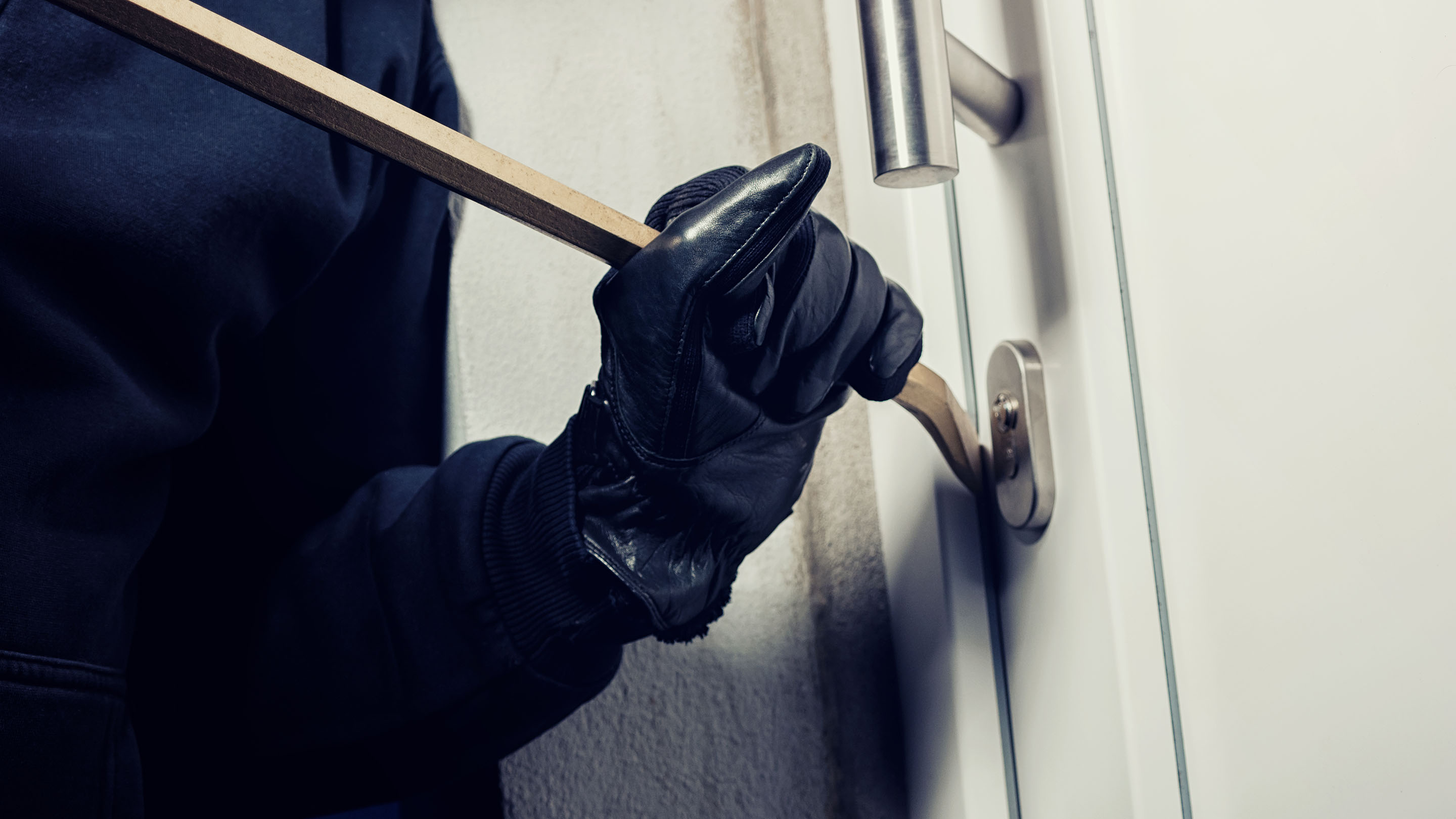
Does high unemployment drive up crime? The answer is complicated.
A recent report from the Council on Criminal Justice found property crimes and drug crimes across 28 cities fell a lot during the first eight months of the pandemic, more than 20%
That’s not typical. But neither is the recession caused by COVID-19.
Criminologist Richard Rosenfeld at the University of Missouri-St. Louis authored the new report. He said that all types of crime rates usually go up when the economy is bad. But there are two important exceptions.
“One is the Great Depression. And the other is the Great Recession of 2008-2009, during which crime rates did not rise,” Rosenfeld said.
The reason, he said, is low inflation. Compare that to the dual recessions of the mid-1970s and early ’80s, where inflation skyrocketed, unemployment was high and so was crime.
“When a recession coincides with increases in prices, with inflation, we tend to see crime rises,” Rosenfeld said.
So when things like food or gas get more expensive and people are out of work, there’s more crime, he said. But right now? Inflation is low. And because people are forced to stay in, crimes like home burglaries are a lot harder.
But in some areas, like New York, burglary is rising. Francisco Marte, in the Bronx, oversees an association of bodegas, the small convenience stores that are everywhere in New York. Shooting and robberies in or near bodegas have spiked during the pandemic.
Just a few weeks ago, at one of his locations, “a guy walks in, gets behind the counter and points a knife at the clerk,” Marte said, speaking in Spanish. “The thing is, people are feeling the crisis. There’s no money. People are desperate.”
Rosenfeld’s study found violent crime is up across the country. Homicides grew 34% this fall compared to last year.
John Roman, who studies the economics of crime at the University of Chicago, said rising violent crimes are driven by more than just inflation.
It’s also about “people who have long-term, simmering beefs. Gangs and crews. They’re now all home,” Roman said. “And the people they have disputes with are right there, just a couple of blocks away. And everybody’s got a lot of time on their hands.”
Another factor experts say can’t be ignored is deteriorating community relations with law enforcement. It’s been a year of confrontations over racist policing practices, and many worry that people are hesitating to call for help.
Which essential workers should be prioritized for vaccines?
Americans have started to receive doses of the first COVID-19 vaccine. Front-line health care workers and residents of long-term care facilities will be first to get the shots, according to Centers for Disease Control and Prevention guidance. Essential workers will be considered next, but with limited vaccine doses and a lot of workers considered essential, the jockeying has already started over which ones should go to the front of the line: meatpacking workers, pilots, bankers and ride-share drivers among them. The CDC will continue to consider how to best distribute the vaccine, but ultimately it’s up to each state to decide who gets the shots when.
Could relaxing patents help poorer countries get vaccines faster?
The world’s poorest countries may not be able to get any vaccine at all until 2024, by one estimate. To deliver vaccines to the world’s poor sooner that, some global health activists want to waive intellectual property protections on vaccines, medicines and diagnostics. India, South Africa and Kenya have asked the World Trade Organization to allow pharmaceutical plants in the developing world to manufacture patented drugs without having to worry about lawsuits. The United States, Britain and the European Union, have repeatedly rejected the proposal at the WTO.
The Pfizer vaccine has to be kept in extreme cold at minus 94 degrees Fahrenheit. And keeping it that cold requires dry ice. Where does that dry ice come from?
Also, is there enough of it to go around? And how much is it going to cost? The demand for dry ice is about to spike, and a whole bunch of industries are worried. Now, dry ice sells for $1 to $3 a pound. While the vaccine gets priority, smaller businesses and nonessential industries may end up losing out.
As a nonprofit news organization, our future depends on listeners like you who believe in the power of public service journalism.
Your investment in Marketplace helps us remain paywall-free and ensures everyone has access to trustworthy, unbiased news and information, regardless of their ability to pay.
Donate today — in any amount — to become a Marketplace Investor. Now more than ever, your commitment makes a difference.
"crime" - Google News
December 18, 2020 at 06:35PM
https://ift.tt/2WomQ8h
Property crimes are down since the pandemic began - Marketplace
"crime" - Google News
https://ift.tt/37MG37k
https://ift.tt/2VTi5Ee
Bagikan Berita Ini














0 Response to "Property crimes are down since the pandemic began - Marketplace"
Post a Comment